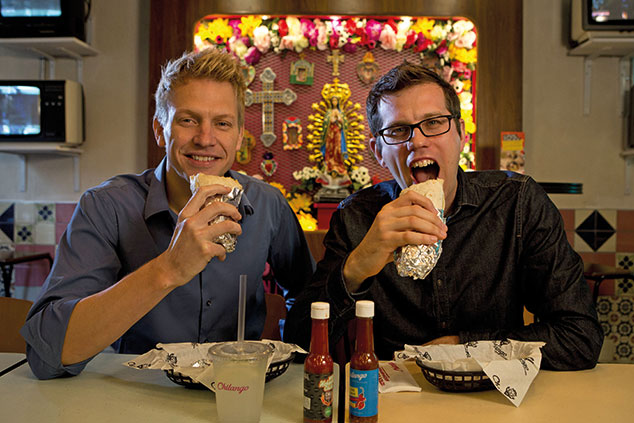
The pitiful interest rates offered by high street banks are “spurring a rise in mini bonds that offer rates as high as 8%,” says Annabelle Williams in The Times. The combination of a high interest rate and bondholder perks – such as free burritos or chocolate – is leading to millions of pounds being put into these investment bonds. But many investors might not fully understand the risks they’re taking.
For example, Mexican restaurant chain Chilango is offering a four-year mini bond that pays 8% interest and gives you free burritos. The minimum investment is £500, but if you put in more than £10,000, you get a card entitling you to a weekly free burrito. Savers have invested £1.5m into these bonds already.
Unfortunately, “such is the need for a higher return that savers…are perhaps assuming that investment mini bonds operate in the same way as the longer-term savings account on offer from banks and building societies that are frequently called ‘bonds’ too,” says Williams. However, they are very different.
Read the small print
With a mini bond, investors loan their money to the company in question for a set period of time. They then receive interest during that period before their capital is returned. But importantly, the money invested in mini bonds isn’t covered by the Financial Services Compensation Scheme. So if the company goes bust, you won’t get your money back. “Mini bonds come with a wealth warning,” says Sally Hamilton in The Mail on Sunday. “The high rates of interest are necessary because investors are vulnerable if the borrowing company gets into financial difficulty. Bondholders are at the back of the queue of creditors if the company folds.” And unlike traditional corporate bonds, mini bonds cannot be traded. This means that they don’t have to provide as much information to investors (and you can’t sell them on).
In some cases, it can pay off. The Times gives the example of an investor in a two-year mini bond with Empire Property Holdings who made a 27.2% return. But there have also been many high-profile disasters, such as the £7m lost when Secured Energy Bonds failed in 2015. This year has seen several-high street restaurant chains run into difficulty, including Jamie’s Italian and Byron Burger, so think long and hard before you sink your money into the burrito bond. It’s a risky bet.